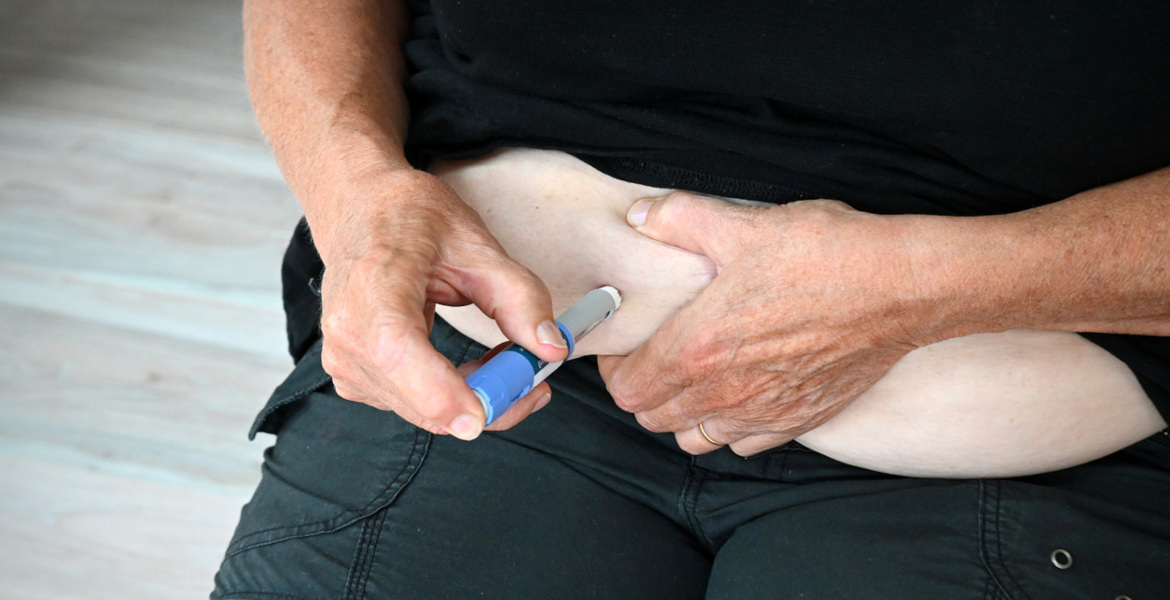According to a new Swedish study, sauna bathing seems to have very positive effects on people’s physical and mental health.
− It shows that sauna bathers are happier, sleep better, have more energy and rate their mental and physical health better than the group that does not take a sauna, says Hans Hägglund, who initiated and co-authored the study.
According to the study, 66% of the 971 people between the ages of 25 and 74 who answered questions about their sauna habits used a sauna at least once a month − and were then compared to a group that did not use a sauna at all.
− The group of sauna bathers was slightly younger, slightly more male, more working or employed, slightly more physically active and less likely to smoke. However, there were more people in this group who drank alcohol, Hägglund explains in a press release.
Earlier Finnish sauna studies have suggested that you need to sauna almost daily to achieve positive health effects, but this time they reached a different conclusion, according to Hägglund.
− The most optimal seems to be to take a sauna one to four times a month, they seem to be the happiest. Bathing more often than that, for example 2-7 times a week, does not further improve mental or physical health or energy levels.
More studies to come
The researchers, from the Swedish universities of Uppsala, Karlstad, Luleå and Umeå, plan to conduct more studies on the same theme − to use statistical methods to try to find out if it really can be the case that the positive effects seen are solely due to the sauna bathing itself.
− We’re going to carry out more statistical analyses on this large data set. We also want to try to investigate whether studies can be done in a more controlled way in the lab. What is it that makes you sleep better, for example? We want to try to understand the root causes of these positive relationships that we see in the study, concludes the researcher.
About the study
The Sauna study is based on questionnaire responses from the so-called MONICA study (Monitoring of Trends and Determinants in Cardiovascular Disease), which is a population survey that looks at risk factors and trends in cardiovascular disease. The study started in 1985 in Norrbotten and Västerbotten. The reason for focusing on northern Sweden was that mortality from cardiovascular disease and stroke was higher than in other parts of the country.
The MONICA study is conducted every five years and a total of around 12,000 randomly selected people have participated in the surveys. The most recent study was conducted in 2022 and included 8 questions about participants' sauna habits.
Source: Uppsala University








